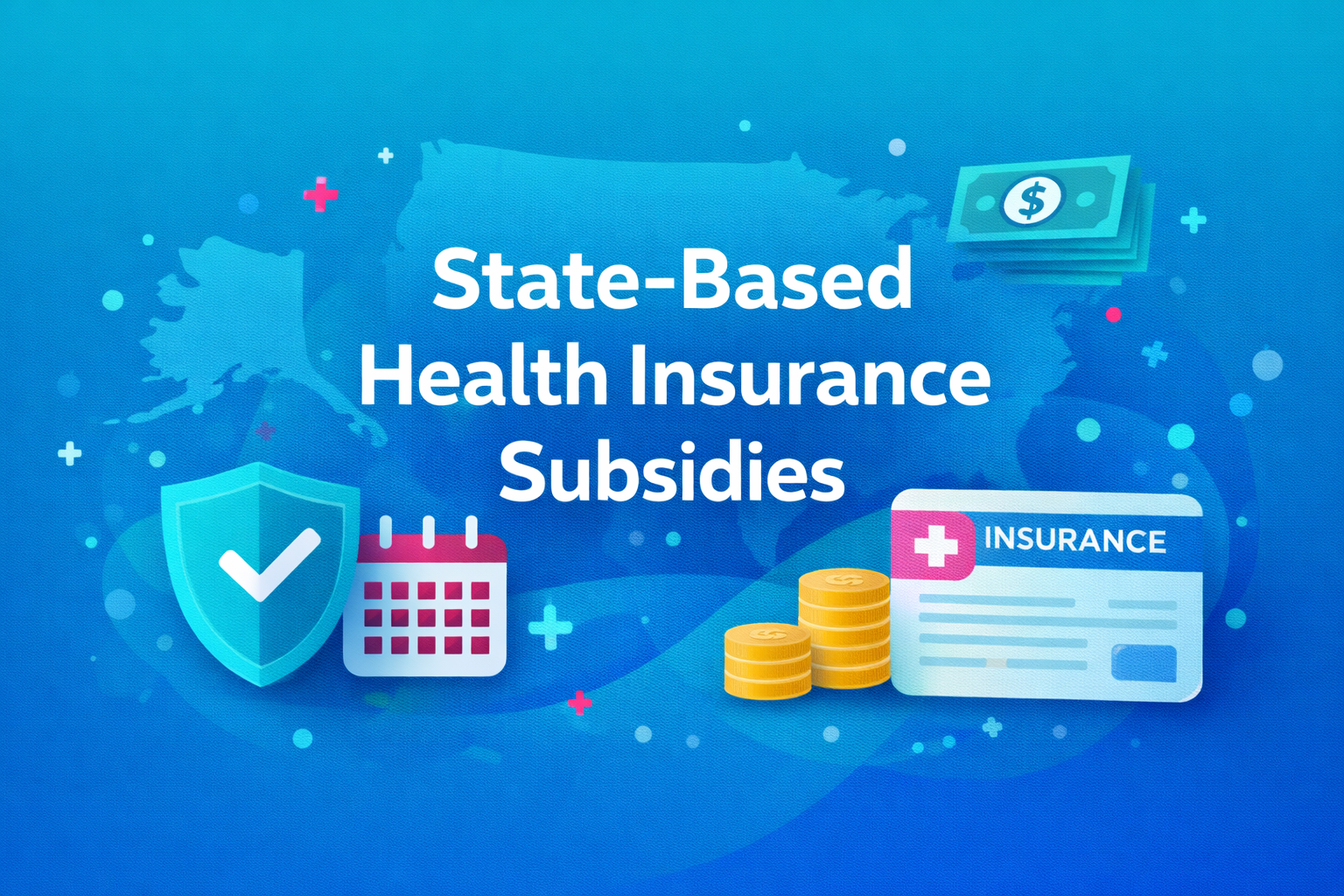Several policies enacted during the COVID-19 Public Health Emergency (PHE) allowed for easier and more affordable access to health insurance coverage. One such policy was Medicaid’s continuous coverage provision, which required that so long as the PHE was in effect, Medicaid coverage could not be terminated for any recipients.
The purpose of the continuous coverage requirement was to ensure that individuals have access to necessary healthcare services without interruption, which was critical as the nation fought to get a handle on the virus’ impact and spread.
Three years after the passage of the PHE, as part of the Consolidated Appropriations Act, 2023, Congress set an end of March 31, 2023, for Medicaid’s continuous enrollment provision. While this is a strong signal that life may, at long last, be returning to “normal”, the end of the PHE’s Medicaid continuous coverage mandate is estimated to put up to 15 million people at risk of losing health insurance coverage.
The loss of health care coverage for 15 million people (about twice the population of New Jersey) in the United States at the same time would have numerous negative implications for individuals, the health care system, and the overall economy, including:
- Decreased access to health care: Losing coverage would make it more challenging for individuals to access necessary medical services, potentially leading to delayed or foregone care.
- Financial strain on individuals and families: Uninsured individuals often face high out-of-pocket costs for medical services, which can lead to financial strain, medical debt, and even bankruptcy. These high costs will also contribute to people abstaining from preventive and acute care, leading to more critical health situations.
- Increased reliance on emergency care: Without insurance, people are more likely to rely on emergency departments for routine care. This contributes to overcrowded emergency rooms and inefficient use of resources.
- Poorer health outcomes: Lack of access to preventive care and timely treatment can lead to poorer health outcomes, lower quality of life, and increased morbidity and mortality rates.
- Disparities in health care access: The loss of coverage would disproportionately affect vulnerable populations, such as low-income individuals and those with pre-existing conditions, further exacerbating existing disparities in healthcare access and outcomes. These are the same people who typically rely on Medicaid, so this loss of coverage could lead to significantly higher coverage disparities.
- Strain on health care providers: Uncompensated care would increase as more people are unable to pay for services. This financial strain could lead to the closure of hospitals and clinics, particularly in rural and underserved areas, reducing overall health care access.
- Economic consequences: The loss of health coverage can have ripple effects throughout the economy, such as lost productivity due to illness or employees leaving the workforce to care for sick family members. Additionally, health care job losses may occur as demand for services decreases.
- Reduced public health: A large uninsured population can undermine public health efforts, as individuals may be less likely to seek treatment for communicable diseases or participate in vaccination programs.
- Increased government spending: The burden of uncompensated care and increased reliance on emergency care may shift costs onto taxpayers, as government programs step in to cover some of the costs. Additionally, long-term public health costs may rise due to increased prevalence of untreated conditions.
While many of the people who are found to be no longer eligible for Medicaid will be able to find other coverage options, such as Affordable Care Act (ACA) exchange coverage or employer coverage, on the low end of estimates, five million people will still lose health insurance. Be it five or 15 million, the loss of health care coverage would have wide-ranging negative consequences on individual well-being, healthcare access and quality, and the overall economy.






